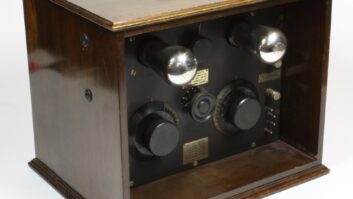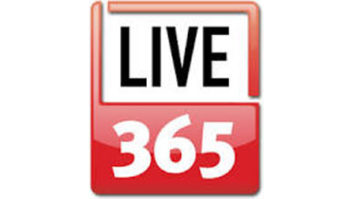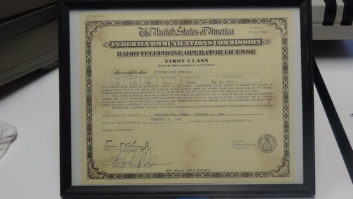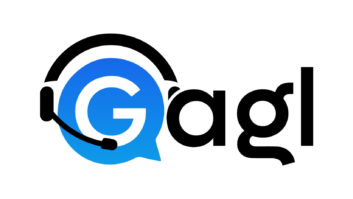FCC Chairman Ajit Pai’s office published the list below, listing what he considers his achievements in his first 100 days as chairman. This accompanied his remarks Friday at the American Enterprise Institute.
BRINGING THE BENEFITS OF THE DIGITAL AGE TO ALL AMERICANS
Closing the Digital Divide
·Adopted new Mobility Fund Phase II rules providing up to $4.53 billion in universal service support over ten years to bring 4G LTE to millions of unserved Americans.
·Set key rules for a Connect America Fund competitive “reverse auction” that will provide nearly $2 billion for rural broadband deployment over the next decade.
·Partnered with the State of New York to deliver up to $170 million for broadband deployment in unserved rural areas.
·Created the Broadband Deployment Advisory Committee—a panel of 29 experts to make recommendations on how to promote the deployment of better, faster, and cheaper broadband.
·Launched a proceeding to lower the cost and speed the deployment of wired broadband infrastructure and to facilitate the transition to next-generation networks.
·Launched a proceeding to boost wireless broadband by easing regulatory burdens on installing wireless infrastructure.
·Eliminated an overbuild requirement in order to allow Charter to build out to one million more locations currently without high-speed Internet access.
Modernizing Rules and Eliminating Unnecessary Regulatory Burdens
·Modernized regulatory framework for business data services in order to promote facilities-based competition and new investment.
·Adopted rules streamlining extraneous and outdated accounting requirements.
·Modernized our interpretation of our equal employment opportunity rules to account for the way that people actually look for jobs today.
·Relaxed third-party fundraising restrictions to permit many noncommercial television and radio stations to air limited fundraisers for the benefit of other non-profit organizations.
·Eased reporting burden for volunteer board members of noncommercial broadcast stations.
·Eliminated public correspondence file requirement for broadcasters.
·Eliminated requirement that cable operators maintain and allow public inspection of the location of a cable system’s principal headend.
·Gave AM broadcasters greater flexibility in locating their FM fill-in translators.
·Proposed to eliminate the annual international Traffic and Revenue Reports, which the FCC hasn’t used for years.
·Proposed to streamline the international Circuit Capacity Reports.
·Adopted new rules enabling 4G LTE broadband services in the 800 MHz Cellular Band.
·Provided regulatory relief to small Internet service providers by exempting them from costly and overly burdensome reporting requirements imposed in the Title II Order.
Promoting Entrepreneurship and Innovation
·Adopted proposal to allow broadcasters to voluntarily use the Next-Generation Television standard, also known as ATSC 3.0.
·Authorized the first LTE-U (LTE for unlicensed) devices in the 5 GHz band.
·Instituted process to rule on applications for new technologies and services within one year, consistent with Section 7 of the Communications Act.
·Launched new experimental licensing website for program licenses for research centers and universities.
·Ended the wide-ranging investigation into wireless companies’ popular, consumer-friendly free-data programs.
Protecting Consumers and Promoting Public Safety
·Advanced proposal to help consumers avoid unwanted robocalls, to prevent spoofing scams, and to confront fraudsters calling from overseas.
·Adopted new rules to make it easier to combat contraband cellphones in prisons and sought public input on new technological solutions to address the problem.
·Swiftly issued a waiver allowing threatened Jewish Community Centers to work with carriers and law enforcement to identify callers.
·Adopted new rules to improve the quality and efficiency of video relay services used by individuals who are deaf, hard-of-hearing, and speech disabled, including a “skills-based routing” trial.
·Commenced investigation into March 8, 2017 AT&T 911 Outage and issued a preliminary report.
·Proposed a fine of over $400,000 on a New York City resident for apparently operating a radio transmitter on frequencies that the Commission has licensed to the New York City Police Department.
·Levied a $1 million fine against a Florida-based long distance carrier for impersonating representatives of customers’ existing long-distance providers and illegally switching the customers’ long-distance carriers.
Increasing Agency Transparency and Reforming Agency Process
·Made public the text of proposals and orders to be voted upon at the Commission’s monthly meetings three weeks in advance of the Commission’s vote.
·Formed working group to establish an Office of Economics and Data, which will more systematically incorporate economics and data analysis into the Commission’s policy work.












